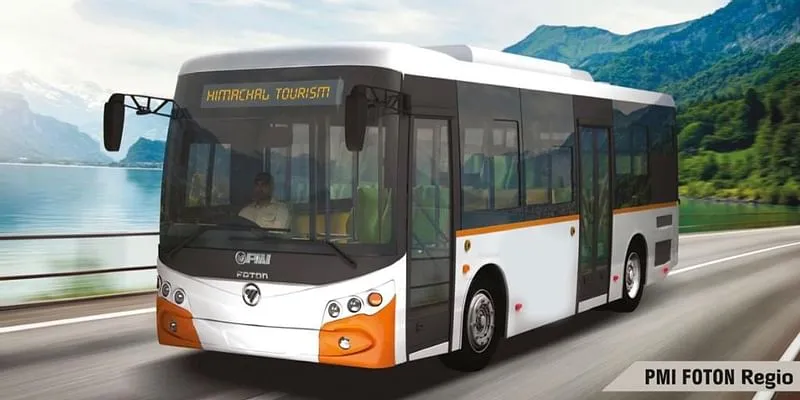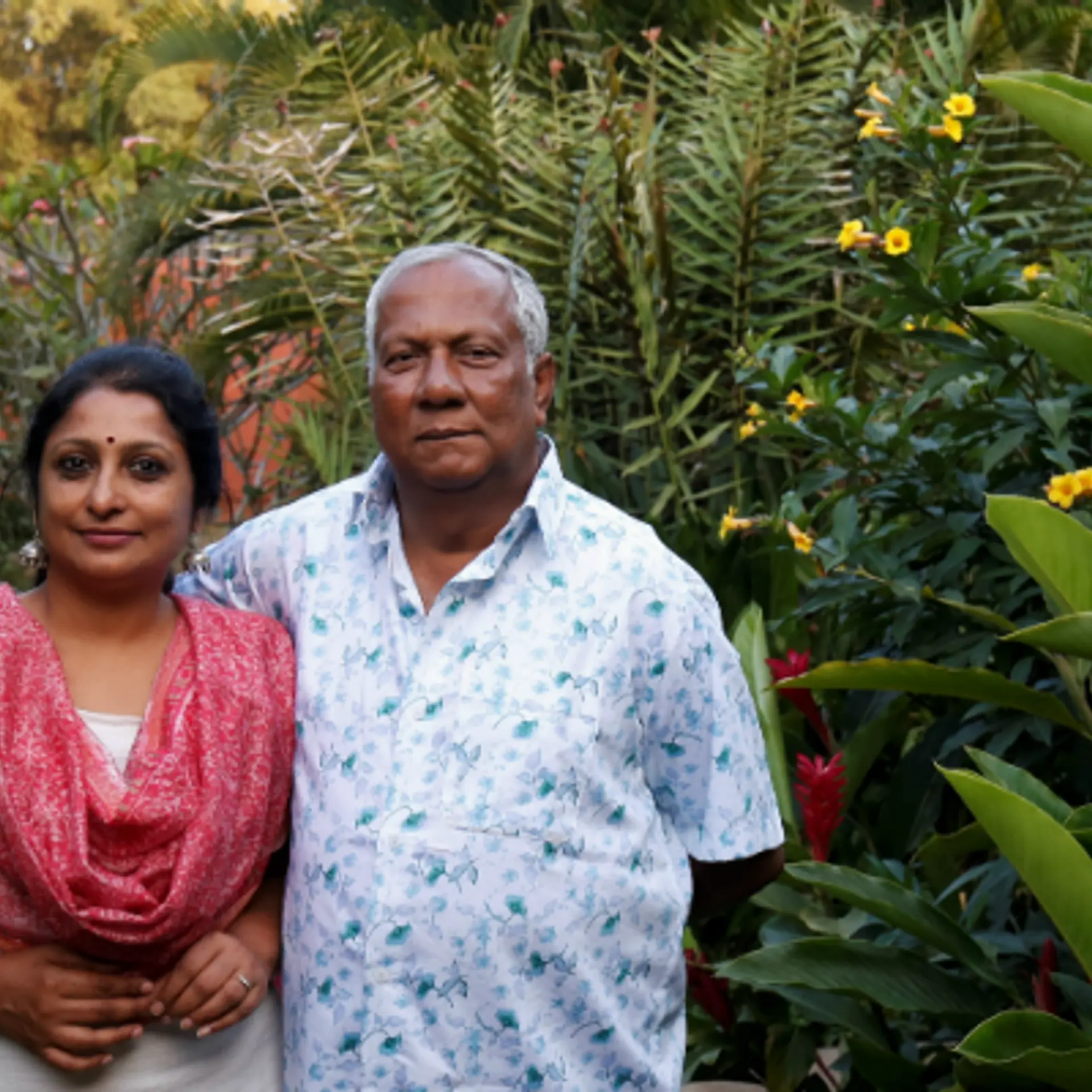This electric bus manufacturing company aims to become ‘aatmanirbhar’ by developing tech for its EVs
Delhi-based PMI Electro Mobility Solutions has already bagged around 1,000 tenders for manufacturing and supplying electric buses to the central and state governments. The company already claims to have a market share of more than 60 percent in the sector.
Air pollution is a burgeoning environmental problem. Over the past decade, India has also been witnessing deteriorating air quality due to many reasons, including increasing number of vehicles, especially polluting ones. India needs to be all the more alert as it houses 22 of the 30 most polluted cities in the world, according to Greenpeace.
Due to this, there have been calls to promote public transport as a way out of this problem. And in this context, electric buses can play a crucial role as they are both sustainable and an environmentally friendly option compared to the diesel buses presently used in India. Electric vehicles (EVs) are cheaper, environment-friendly, and most importantly contribute to decreasing noise and air pollution.
While auto majors like , Ashok Leyland, and JBM Auto Limited are already operating in this space, Delhi-based . (PEMSPL) is another company emerging in this domain.
Founded in 2017 by Satish Jain, the company has bagged around 1,000 tenders for manufacturing and supplying electric buses to the central and state governments.
It is clocking an annual turnover of Rs 30 crore at present.
Moving forward with technology
Satish Jain has been in the business since 1983. After completing his engineering, he and his family decided to get into the bus-body building business. When the EV wave hit India a few years later, he decided to venture into the electric mobility space. Thus PEMSPL came into existence under the more than 30-year-old parent company, PMI Coaches Pvt. Ltd.
Satish says that “moving forward with new technology” is very important. If you continue to operate businesses with old technology, the business will die, he says.
Satish also says that electric businesses are the future of the country and it is the need of the hour with the rising levels of pollution.
“The cost of (fuel) running CNG vehicle is around Rs 22 per km, whereas the cost of running an EV is only Rs 7 per km.”
In addition, he also notes that driving EV buses is much more comfortable and smooth compared to CNG or diesel vehicles. According to electric bus research web magazine, Sustainable Bus, estimates have suggested that a single electric bus can displace more than 1,000 barrels of oil per year (some 159,000 liters) whereas a single electric car can only displace approximately 25 barrels of oil per year (slightly less than 4,000 liters).
There are other benefits of adopting electric buses as well.
“Passengers want comfort at the end of the day. There is no noise or the constant rattling that is usually the case in non-EV vehicles,” notes Satish.

Buses by PMI Electro Mobility Solutions Pvt. Ltd.
Becoming ‘aatmanirbhar’
The manufacturing of the buses takes place in factories on the outskirts of Delhi. With the mission to become self-reliant or aatmanirbhar, the company is focussed on setting up battery and motor manufacturing facilities soon.
“Our thought process is to become self-reliant in terms of components and technology and subsequently, create our own infrastructure,” he says.
The company has also partnered with some firms to leverage from their technological advancements.
According to markets research platform Research and Markets, the Indian Electric Bus market stood at around $47.35 million in 2018, and is projected to grow at a CAGR of 37.6 percent during the forecast period of 2020-2024.
At present, PEMSPL claims to have a market share of more than 60 percent in this sector. One bus by PEMSPL has 30-34 seats.
Need for accelerated investment
The Indian government has been betting on the EV sector in several ways. After introducing the Faster Adoption and Manufacturing of (Hybrid &) Electric Vehicles (FAME I) in 2013, it came up with the second part of the policy, FAME II, last year, to further bolster the demand and supply for EVs.
In fact, the government’s decision to levy only five percent Goods and Services Tax (GST) on electric vehicles was welcomed by the industry stakeholders.
Despite all these developments, the industry needs more investment, according to Satish. Even in the case of electric cars that are generally used, Satish says, the lack of infrastructure for charging stations is becoming a hindrance in bolstering its adoption.
He says that initially, getting financing from the bank was a difficult endeavour for them. Apart from this, he also witnessed a fear among people to adopt new technology.
The worries of the company were put to rest when they bagged an order to manufacture 50 buses from the Himachal Pradesh government.
India is a large market for e-buses (China being the market leader), but the units of electric buses on Indian roads is still very less as it is around 3,000 units, according to Satish.
However, according to another report by Sustainable Bus, India may exceed the current volume and surpass 7,000 buses by 2025.

Buses by PMI Electro Mobility Solutions Pvt. Ltd.
Customisation is the key
The company is yet to enter the retail market and is right now only catering to the orders procured from the state governments. In addition, it counts customisation as one of its key USPs.
“We customise every bus according to the road conditions of every state. There is no one-size-fits all approach,” he says.
For example, buses for mountain regions have raised floors. Other differentiation done is on windows, seats, doors, etc.
The maintenance of these buses is also done by PEMSPL for the first few years. Satish, says, it is a conscious decision to not hand over the maintenance procedure to a third party.
In the coming years, Satish says, they are focussed on improving the product quality, and work more on the pricing and technology. This will help them in “capturing the market” and bagging orders from the government. The business is also relying heavily on localisation so as to reduce dependency on other countries.
Edited by Megha Reddy









